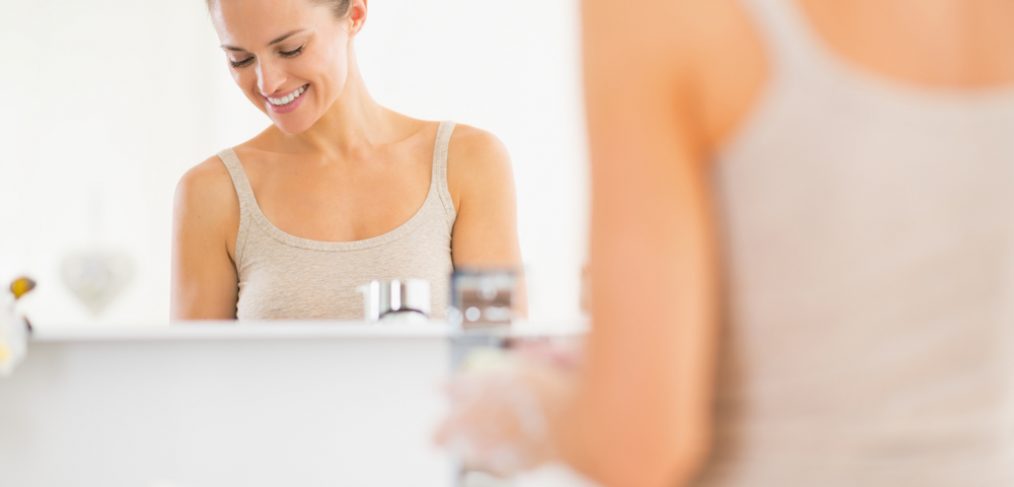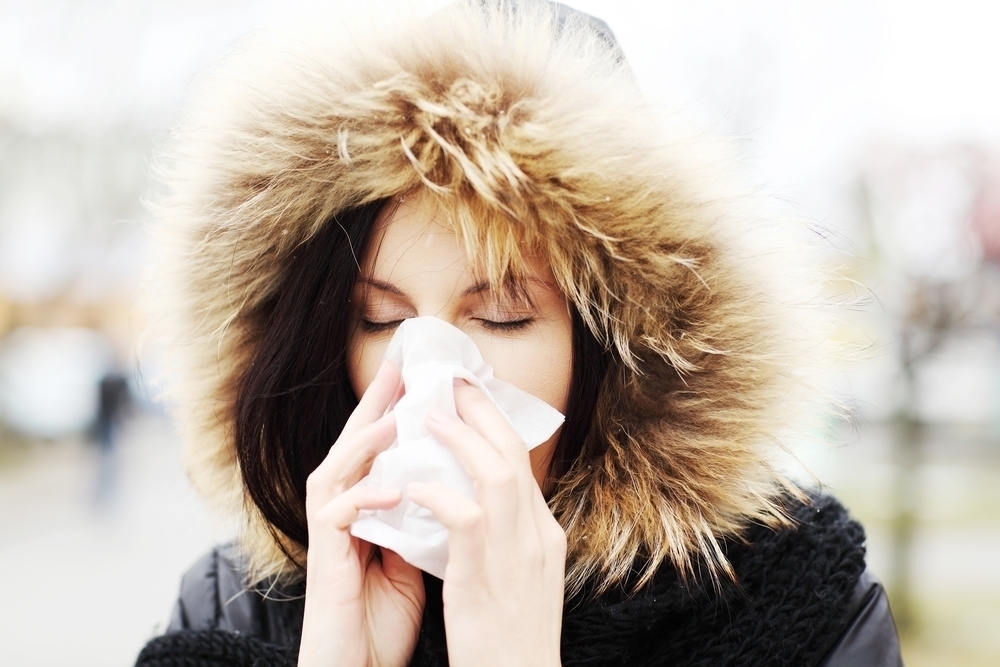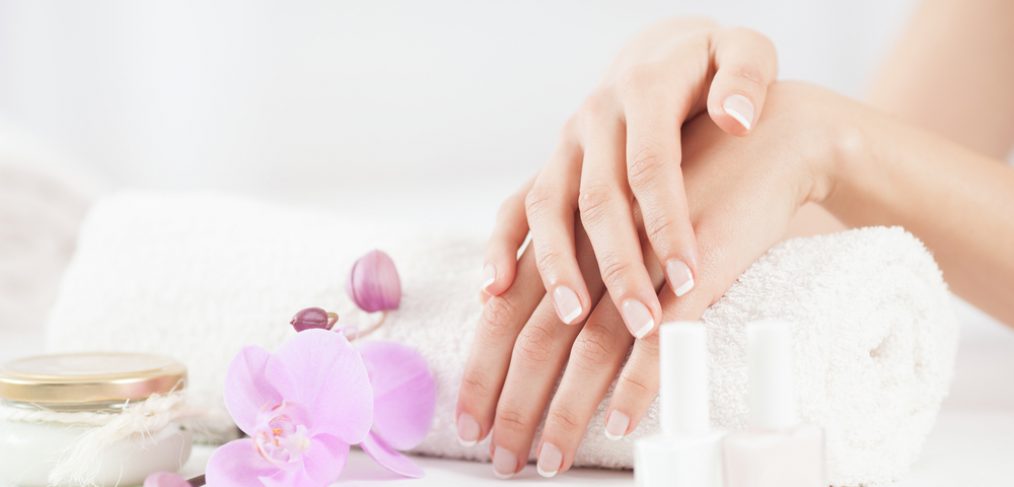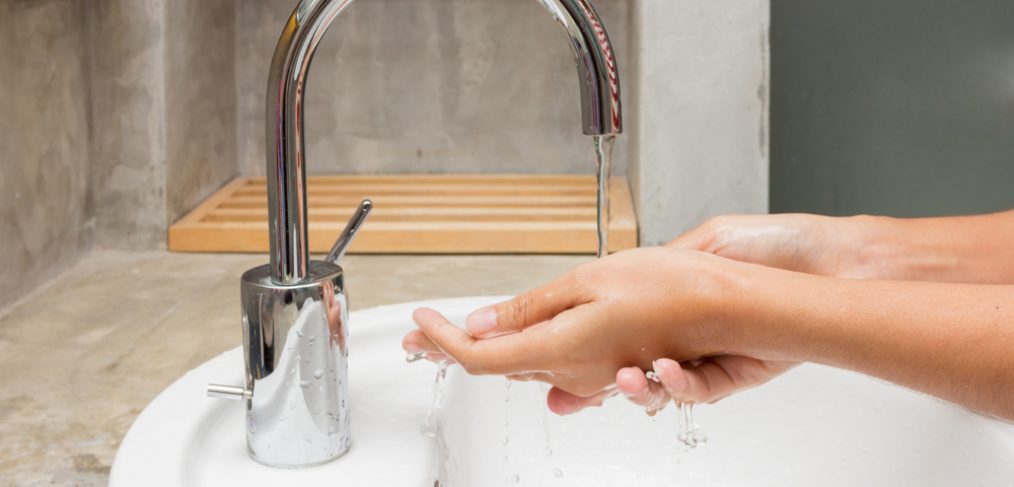You may have heard of the importance of a good handshake. The quality of the handshake you greet someone with has a lot to do with the impression you make. A firm handshake signals trustworthiness and confidence. The “Dead Fish” can blow an interview before the first question is asked. However, lately the popularity of the handshake is declining. Could it be the fear of germs is rendering the handshake obsolete?
According to a survey by Purell Instant Hand Sanitizer, 55% of Americans are so scared of germs that they would prefer to touch a public toilet seat to shaking the hand of a person who has just sneezed or coughed into it. Not that surprising? Well, consider that 2 in 5 American adults have reported having been reluctant to give someone a handshake due to fear of germs. “But, the handshake is an American Institution!” you cry, “After all, a fist pump can not inform you about a person’s character! How can I tell if someone is trustworthy from a fist pump?”
Clearly, there is only one answer to this. The only way to ensure that handshakes do not disappear forever is for all people to make sure their hands are virtually germ free at all times, and here’s how!
Wash Hands With Soap
The tried and true method is sometimes the best method. Washing hands is completely safe and kills 99% of germs.
Use Ethyl Alcohol Hand Sanitizer
The Ethyl alcohol hand sanitizer is another option. It is antimicrobial, has been around a long time, and is safer than alcohol free Sanitizers, which are known to contain toxic ingredients. However, alcohol dries skin oils and this can be problematic, especially in cold weather. Look for products that contain aloe Vera and Vitamin E help restore moisture.
Use A Tissue
Try to keep tissues handy at all times; you never know when a sneeze, cough, or congestion may be coming on. If you are caught short, use the bend in your elbow to cover your mouth or nose instead of your hand. Toss the tissue in the trash our as soon as you can avoid infecting others.
Avoid Sharing
If you are avoiding germs, you don’t want to share utensils and clothing with a sick person. Wash your silver utensils in a dishwasher or with soap and water by hand. Disposable utensils are also a good option for avoiding germ transfer. To keep clothes free of bacteria, use hot water and detergent when doing the laundry. Add bleach for some extra germ eliminating power.
Keep Surfaces Clean
Use anti- bacterial or anti- septic cleansers or add bleach to the water. Wear gloves when you clean and dispose of them when you’re done. Avoid touching doorknobs, elevator buttons, telephones and handles in trains and buses.
So, can we all agree that we will do all we can to keep ourselves healthy and keep our hands free from germs? Shake on it?







